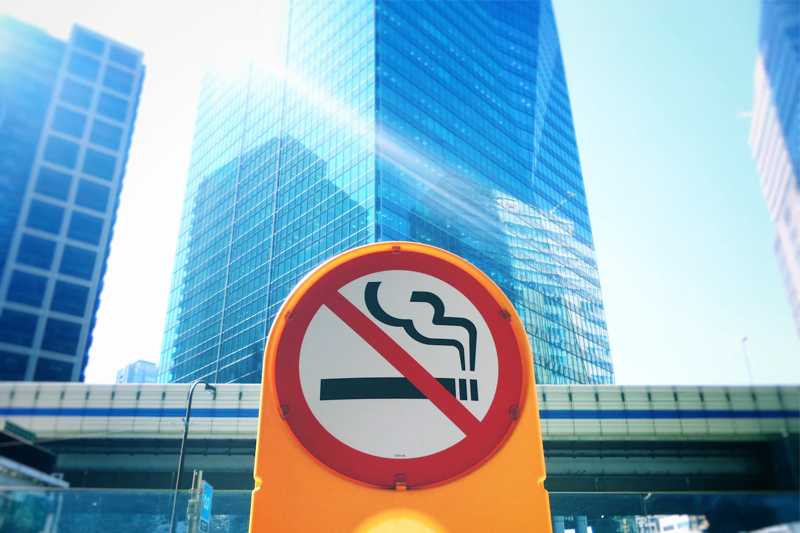
New Zealand’s U-turn On Smoking Ban Could Threaten Plans In Other Nations
New Zealand’s new centre-right coalition led by Prime Minister Chris Luxon plans to scrap laws introduced by the previous Labour-led government of Jacinda Ardern that would have banned tobacco sales next year to anyone born after January 1, 2009.
The package of measures would also have reduced the amount of nicotine allowed in smoked tobacco products and cut the number of retailers allowed to sell tobacco by more than 90%. Health and tobacco campaigner have decried the new plans to repeal the laws.
International Efforts To Limit Smoking At Risk
They marked some of the toughest anti-tobacco rules in the world. “This is major loss for public health, and a huge win for the tobacco industry – whose profits will be boosted at the expense of Kiwi lives,” said Boyd Swinburn, co-chair of Health Coalition Aotearoa in New Zealand.
Health experts have raised concerns over the new plan threatening lives and putting international efforts to limit smoking at risk. HCA highlighted academic research that found the laws could have saved some $1.3 billion in health system costs over 20 years.
Sarah Jackson, principal research fellow in the University College London Tobacco and Alcohol Research Group, said: “There is a risk that New Zealand’s U-turn could prompt policymakers in England to reconsider.” The British government revealed a similar smoking ban in September.
Keep Reading
New Zealand’s Economy Needs This?
The coalition government will tax smoked products only and reform regulations for alternatives such as vapes, including a ban on disposable vapes and stricter penalties for those caught selling to underage customers, it has been found.
The U-turn comes as some lawmakers argued the ban would lead to a black market for tobacco. Incoming Finance Minister Nicola Willis said the measures would have substantially reduced tax revenues. But New Zealand still aims to reduce its national smoking rate to 5% by 2025.




